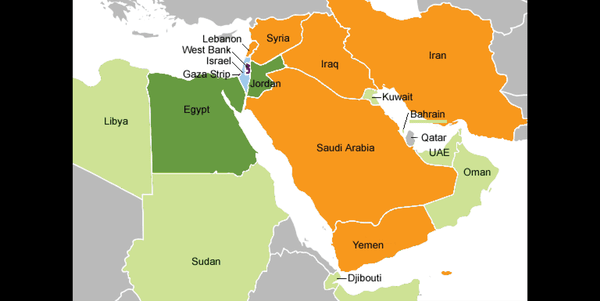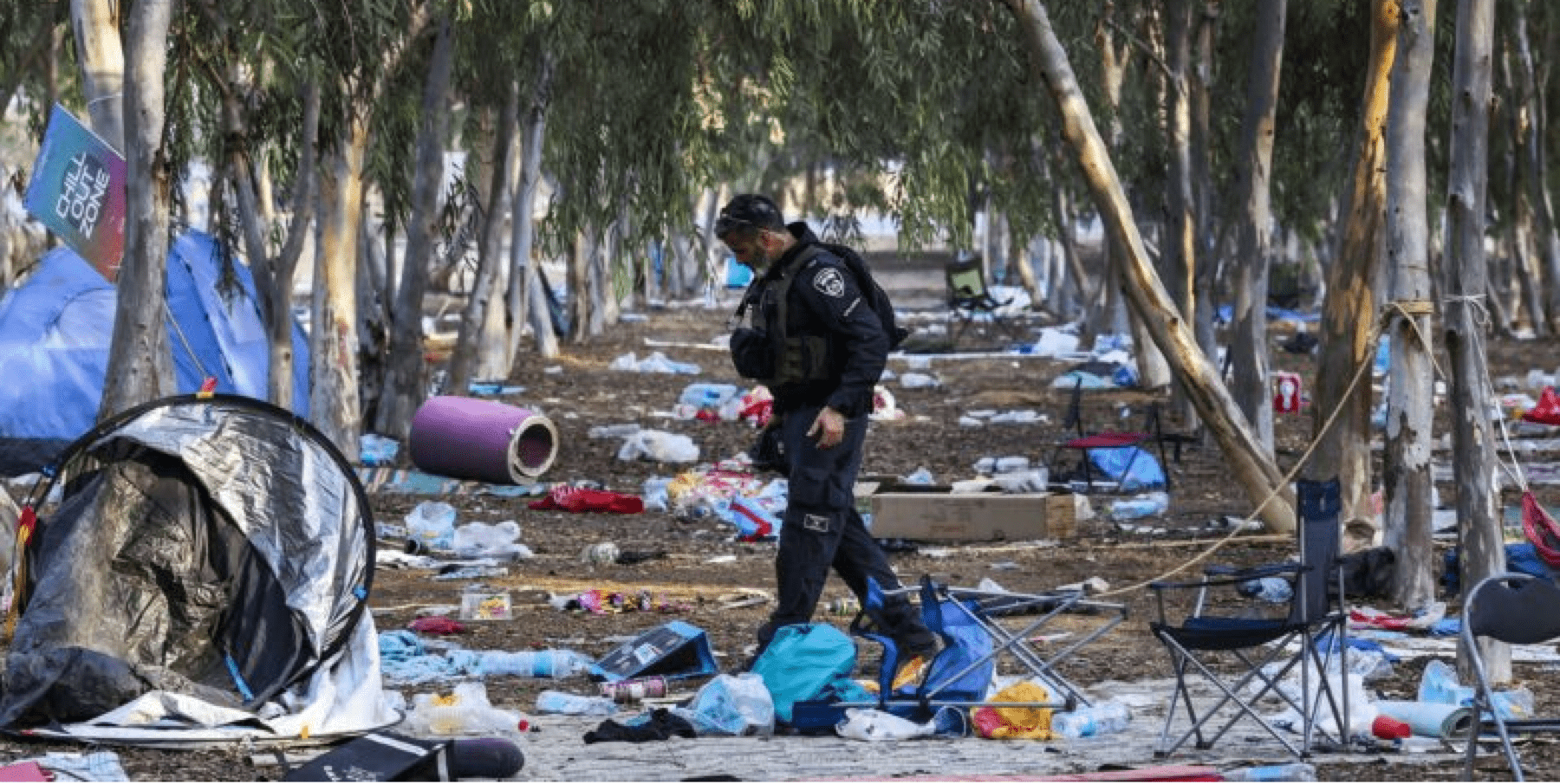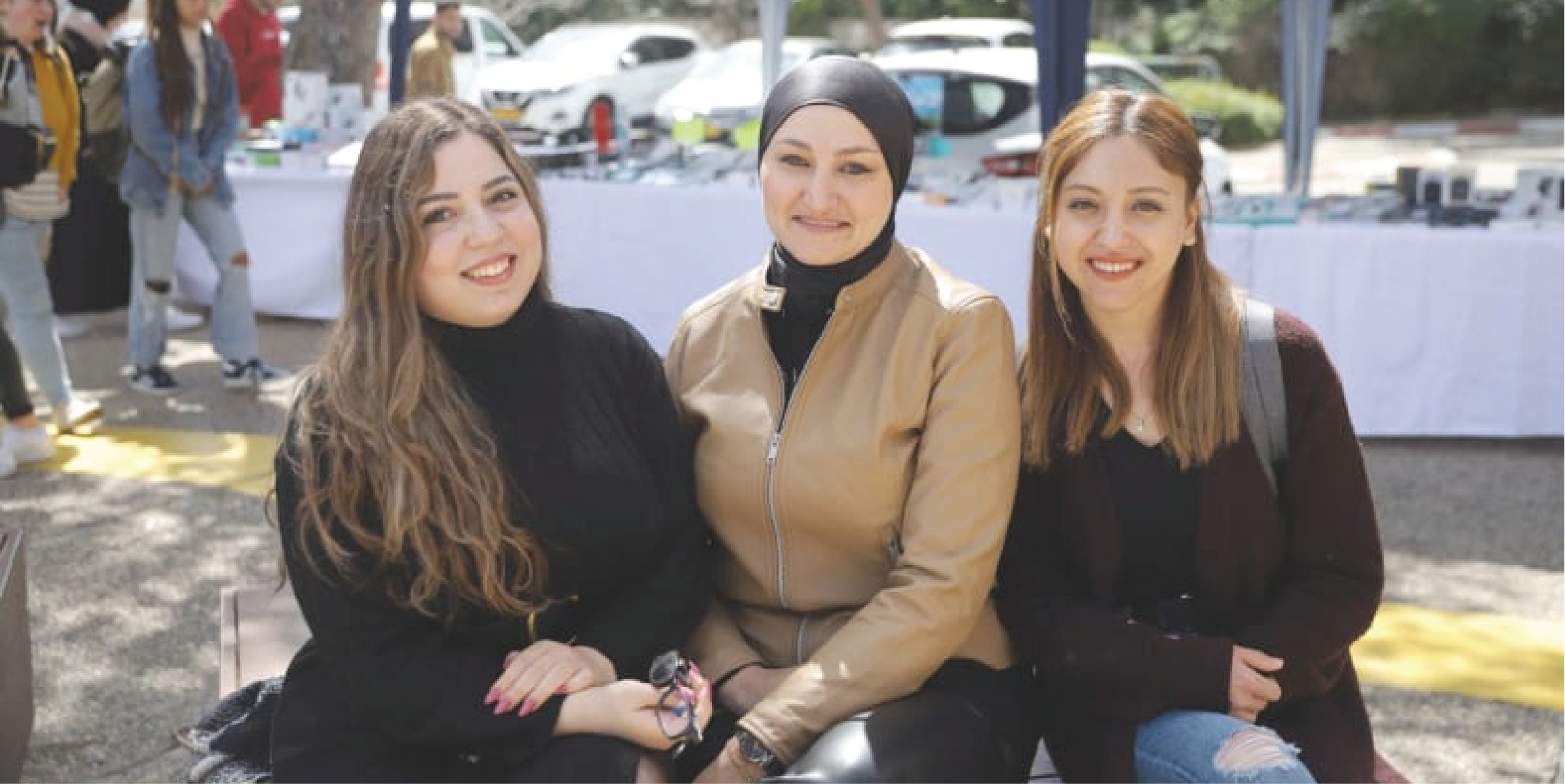New Cuffing Law May Free Jailed Bet El Resident
July 2, 2015A young man from Bet El has been in jail for three weeks because despite being released to house arrest because the judge ordered him to wear electronic handcuffs, and these were not allowed in Judea and Samaria until 15 days ago, when a new law took force.
The new director of the electronic monitoring program announced on Wednesday that electronic cuffing may be carried out in the community of Bet El, in the Binyamin region. “The law that went into force on June 16, 2015, does not differentiate between territories in the state of Israel,” he wrote the court. “In other words, there is nothing that prevents performing electronic monitoring in Bet El.”
The company that carried out electronic cuffing until recently refused to operate in Judea and Samaria.
However, a protracted legal struggle was waged by the Honenu group, which assists Jews who are charged with nationalist crimes. In addition, ex-MK Orit Struk (Jewish Home) demanded that the new law regulating electronic handcuffs include Judea and Samaria. The struggle appears to have succeeded.
Judge Mordechai Kaduri has thus far ordered the youth to remain in custody. On Wednesday it was decided that his home will inspected within five days’s time, and if it is found that it is suitable for cuffing, he silll be released.
Attorney Adi Kedar (Honenu) said in response that the legal aid group is pleased with the announcement and expects the youth to be released to house arrest.
The Head of the Bet El Local Council, Shay Alon, said that he is “glad that the state of Israel woke up and understood that Bet El is part of the country.”
A court set a precedent Sunday by sending a youth to house arrest at his home in Samaria.
Until now, when residents of Judea and Samaria accused of building illegal outposts were sentenced to house arrest, the courts insisted the arrest be carried out in a home inside the 1948 armistice lines, instead of at the offender’s own home. The reason for this is not clear, but activists believe it is an attempt to cut off communication with other members of the activist community who may live nearby.
The Honenu organization is demanding that the courts put a stop to this practice.
Attorneys for Honenu charged in court Sunday that the practice was discriminatory. The issue arose during the trial of a young man who allegedly attempted to interfere with the demolition of homes by letting the air out of the tires of a tractor that was to be used for the job. He is also suspected of attacking a Border Guard officer.
Similar posts
-

Israel Has The Most Moral Military In The World
April 10, 2024In the heart of a region often riddled with conflict, Israel stands out not only for its technologi...
-

The Resilience of the Israeli People
April 2, 2024Visitors from around the world have seen Hamas's October 7th Massacre's destruction in southern Isr...
-

Israel: Small Size, Big Impact
March 21, 2024Nestled along the eastern edge of the Mediterranean Sea, Israel is a land of immense historical sig...
-

Israelis Are Fighting For Their Lives
February 21, 2024By Jonathan S. Tobin The world looks a lot different from Kibbutz Kfar Aza than it does in the U...
-

Over 2 Million Arabs Live In Israel
January 23, 2024In the complex landscape of the Middle East, where diverse cultures and identities intersect, Israe...
-

'Fauda' Star Idan Amedi Injured Fighting in Gaza
January 8, 2024Despite the severity of his injuries, Amedi's father assured Israeli news channels that his life is...
-

Israel Is A Great Country To Live In
December 28, 2023Nestled at the crossroads of the Middle East, Israel stands as a vibrant and dynamic nation, offeri...
-

Women's Empowerment in Israel
December 15, 2023In recent decades, Israel has witnessed a remarkable evolution in the status and empowerment of wom...




















